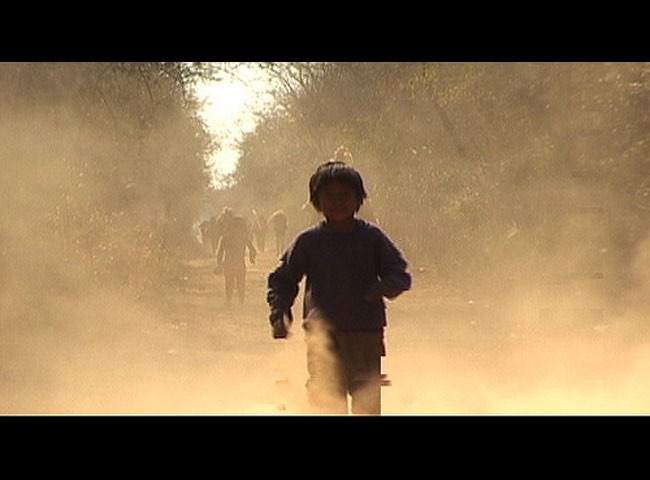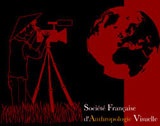Du mile aux cendres
-
Réalisé par Lucas Bessire • Écrit par Lucas Bessire
-
États-Unis • 2006 • 47 minutes • Vidéo • Couleur
- Réalisation :
Lucas Bessire - Écriture :
Lucas Bessire
- Production (structure) :
Lucas Bessire - Ayant droit :
Lucas Bessire
- N° ISAN :
non renseigné
Résumé
En mars 2004, l’une des dernières communautés de chasseurs-cueilleurs, vivant volontairement isolée, est sortie de la forêt dans le nord du Paraguay, fuyant les bulldozers des "ranchers".
Ce documentaire offre un portrait intime d'une communauté divisée quatre mois après cet événement historique, et de ses efforts pour construire un futur collectif dans un contexte déterminé par le déboisement, l'activité des O.N.G., les anthropologues et le christianisme évangélique. Esquissant une histoire des représentations et des tropes ethnographiques du "premier contact", il s’appuie sur le récit du réalisateur pour proposer une réflexion sur les expériences et les incertitudes d'un processus qui demeure, en fin de compte, opaque pour le "nouveau peuple" ; pour leurs parents, et pour l'anthropologue.
In March 2004, one of the world's last voluntarily isolated groups of hunter-gatherers walked out of the forest in northern Paraguay, fleeing ranchers' bulldozers. They formed a new village with their more settled relatives, where they confronted the complexities of learning how to become "Ayoreo Indians" and more critically, how to survive in a rapidly changing world.
This documentary provides an intimate portrait of a divided community four months after this historical event, and their efforts to chart a collective future in a context shaped by deforestation, NGO activity, anthropologists and evangelical Christianity. Self-consciously engaging a history of ethnographic representations and tropes of "first contact," the reflexive video uses the filmmaker's narration to reflect on the experiences and confusions of a process that remains ultimately opaque for the "new people," for their relatives, and for the anthropologist.
This film contributes to the visual anthropology of lowland South America by putting a human face to critical questions about "contact", "indigeneity" and the ways certain narrow ideas of "modernity" continue to be presented as the only options for Native peoples in the Gran Chaco and beyond.
Mot(s)-clé(s) thématique(s)
Sélections et distinctions
- 2009 • Ethnocineca - Ethnographic and Documentary Filmfest Vienna • Vienne (Autriche) • Sélection
- 2009 • World Film festival • Tartu (Estonie) • Sélection
Comment avoir accès au film ?
-
Édition DVD
- Il n'existe pas d'édition DVD à notre connaissance
-
Accès VOD
- Il n'existe pas d'accès en VOD à notre connaissance
- Diffusion non commerciale / Consultation

